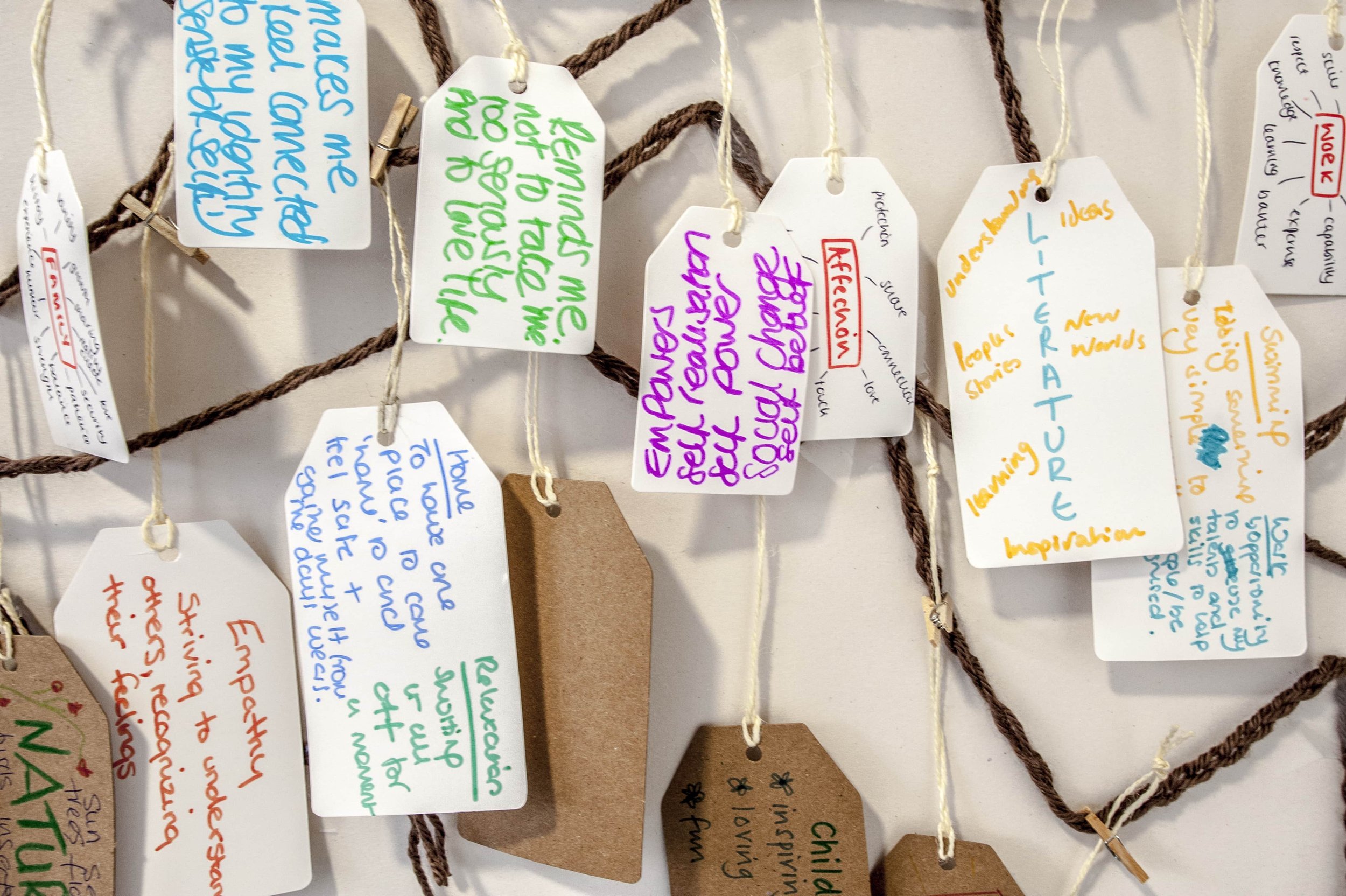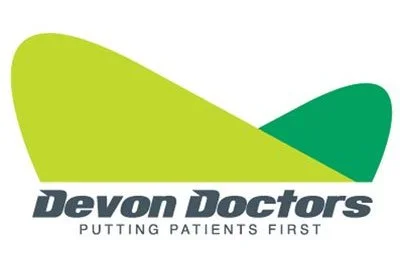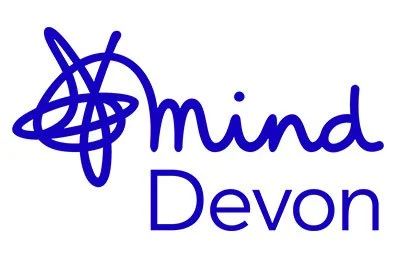
Devon Mind currently operates a service at CoLab Exeter as part of a pilot project called One Mental Health. With two dedicated Mental Health Recovery Navigators, we offer practical strategies and tools to support homeless and vulnerably housed clients with managing their wellbeing.
The One Mental Health Team
The one-year One Mental Health pilot, funded by Devon Partnership NHS Trust and the National Lottery, aims to coproduce and test an aligned offer which draws the best from available skills and expertise, and gathers evidence of what works for people and for joint working.
The initial service offered is for people who are homeless or vulnerably housed, and experiencing complex needs – people who may require support or signposting, alongside community-based opportunities which aid recovery and build resilience. The One Mental Health Team includes:
Devon Mind at CoLab Exeter: Specialist community mental health support
Frequently asked questions
-
At this time, Devon Mind is only funded to provide support to homeless and vulnerably-housed clients as part of the One Mental Health project. You can enquire about accessing our regular counselling service remotely.
-
Currently, we only have funding to cover the One Mental Health project. However, we are always looking for new opportunities to expand our services. You can find links to more services on our Helplines & Contacts page.
-
All referrals to the One Mental Health team must be made by completing a 'Raise a concern' form on the CoLab Exeter website. We cannot accept self-referrals or referrals by any other means.
-
Recovery Navigators are different to support workers as they mostly work from an office and meet people there, to support them with navigating through their local services. Recovery Navigators use a coaching method to support people to identify barriers to engaging in meaningful activities that enhance their recovery. A support worker may work with a client in the community to help them achieve their goals, for example support with taking shopping or attending appointments.
-
Recovery Navigators are not therapists or counsellors, however they can use tools from therapeutic interventions (such as cognitive behavioural therapy) to help clients work through any barriers that may be holding them back from engaging in meaningful activities. Recovery Navigators can offer emotional support and validation.
-
Our Recovery Navigators are currently developing groups in Exeter, which they hope to be facilitating later in the year.
-
Yes, we encourage involvement with families, carers and loved ones, if the client is consenting and this is supporting their recovery journey.
-
No, our Recovery Navigators are not able to meet people in their homes. We can only provide support in our offices, over the phone, and via Zoom video conferencing.
-
No, we cannot advise on anything related to medication or other clinical issues.






